Cross Curricular
History as a subject lends itself to developing meaningful links to a cross-curricular topic. Advice on achieving a robust and rigorous approach will be available in this section.
Sort by:
Date (Newest first) | Title A-Z
Show:
All |
Articles |
Podcasts |
Multipage Articles
-

How to make a toy museum
ArticleClick to view -
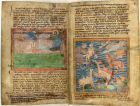
Blending history and creative writing: imagining a lost Anglo-Saxon poem
ArticleClick to view -

Historical fiction: it’s all made up, isn’t it?
ArticleClick to view -

Ideas for Assemblies: Refugee stories
ArticleClick to view -

Teaching history and geography together in a meaningful way
ArticleClick to view -

History supporting global learning
ArticleClick to view -

Remembering Agincourt: Bilingual Enquiry
Multipage ArticleClick to view -

Using cemeteries as a local history resource
ArticleClick to view -

Early Islamic civilisation
ArticleClick to view -

Assessment and Progression without levels
ArticleClick to view -

Eweka's story: Benin and Big Picture History
ArticleClick to view -

Churches as a local historical source
ArticleClick to view -
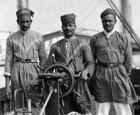
Teaching diversity through drama
ArticleClick to view -

Music in the history curriculum
ArticleClick to view -

Political literacy: citizenship through the English national curriculum's the Romans in Britain study unit
ArticleClick to view -
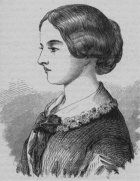
OFSTED, primary history and creativity
ArticleClick to view -

Thematic or topic based whole school curriculum planning
ArticleClick to view -
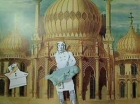
Museums, schools and creativity: How learning can be enhanced
ArticleClick to view -
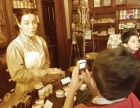
Geosong: a transition project
ArticleClick to view -

Creating the 'creative history' website
ArticleClick to view

